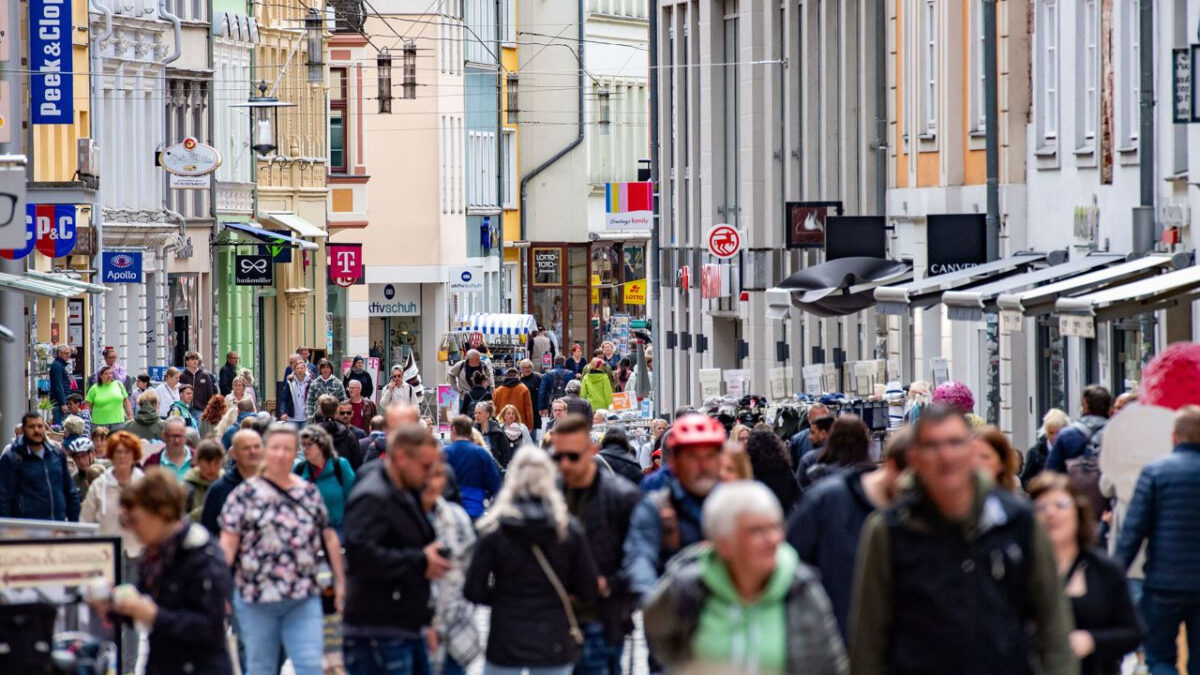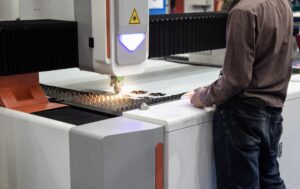
Image: A street in Germany
Source: Getty Images
In the fourth quarter of 2022, the GDP growth of Germany was recorded to be negative after the fall of GDP in the first quarter hence leading the economy toward recession. It is the first recession since Covid-19, the country faced its last recession at the beginning of 2020 when the pandemic spread through Europe
The revised data which took into consideration the effects of price and calendar was released on Thursday by the federal statistical Office revealed that there was a fall of 0.3% in the gross domestic product(GDP) from the period of January to March, which was followed by a 0.5% fall at the end of 2022. The consecutive fall in the domestic output for two consecutive technical recessions.
New figures are shocking to the German Government since the estimate was a 0% fall in the output. The government said that the GDP will grow by 0.4% which is an increase of 0.2% from the estimate it gave in late January.
Andreas Scheuerle, a DekaBank analyst stated that due to the rise in the prices, the consumption level fell since the consumers were not able to cope with the staggering increase in the prices. The prices in April being 7.2% higher than last year hit consumer spending substantially, the economists said.
After the adjustments of price, calendar, and season, household consumption was observed to be down by 1.2% whereas the government expenditure decreased considerably by 4.9% in the quarter.
The global macro head of ING, Carsten Brezki, said that the rebound in industrial activities was supported by the Chinese reopening, the smoothening of the supply chain and the warm winter weather, etc. were merely lukewarm and didn’t help much in the process of getting the economy out of the danger of recession.
The danger prevailed since last year as the banks adopted a strict monetary policy and hiked the interest rates to control inflation. The interest rates have been hiked by 375 basis points since July by the European Central Bank and the rates are expected to be increased again in the meeting which is scheduled on June 15.
However, according to the briefing of the meeting of May 2-3, which was released on Wednesday, the Fed officials generally agreed that the need to raise the interest rates had become less certain, some officials said that there won’t be any hike further after their last approved point hike. The energy shortage due to the Russia-Ukraine war, which led to high oil prices also contributed to the high inflation.
Franziska Palmas, an economist at Capital Economist said that although there was an ease in inflation and a rise in employment in the first quarter, the high interest rate will affect the investment and spending. He predicted future weakness as he added,” Germany has experienced a technical recession and has been by far the worst performer among major eurozone economies over the past two quarters”.
Contrastingly, after weak investment in the second half of 2022, the investment was seen to be comparatively up in the January-March period. The investment in machinery was up by 3.2% and the investment in construction was 3.9% more than in the previous quarter. The economy is expected to grow in the second quarter as reported by the German Bundesbank.











